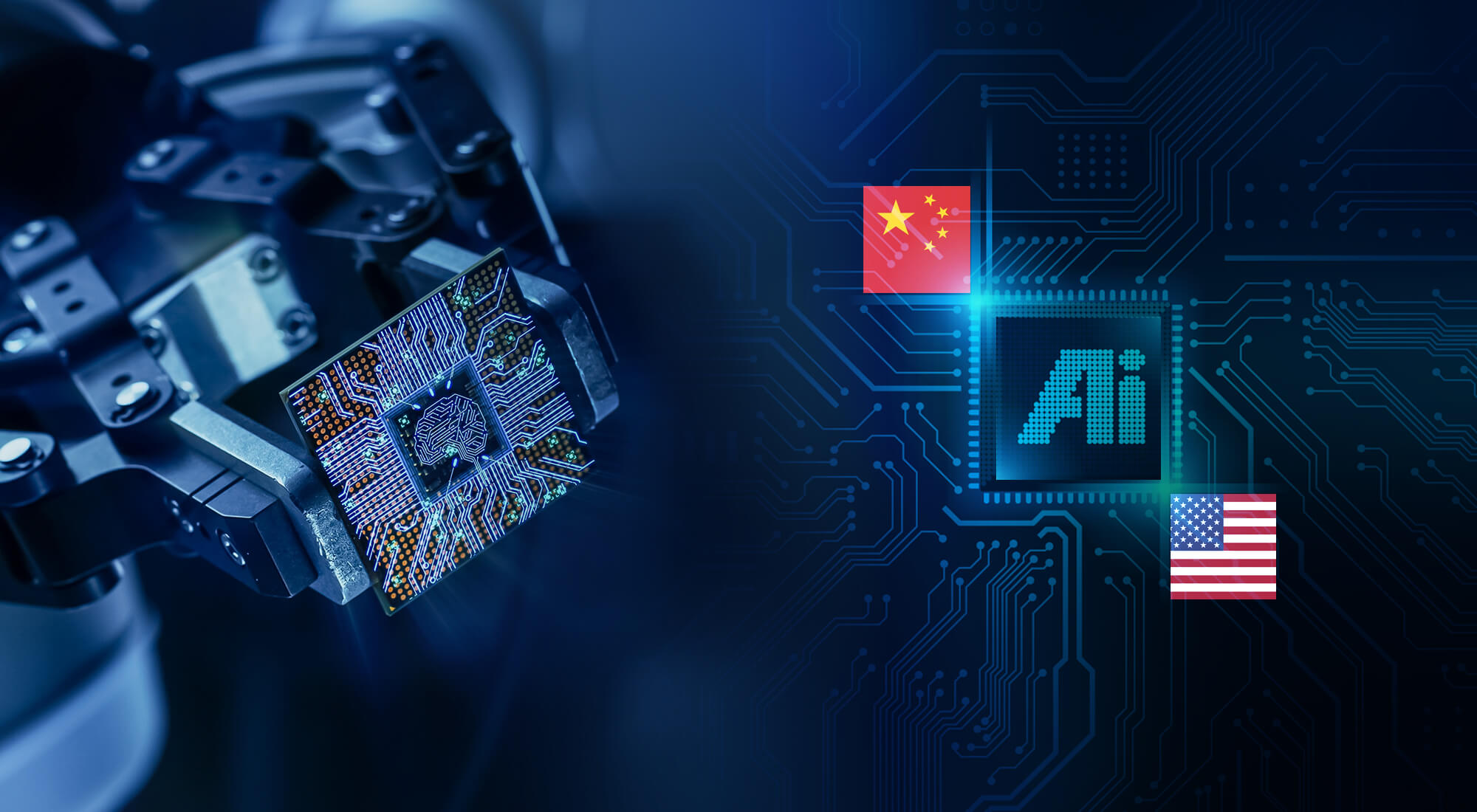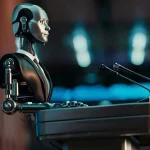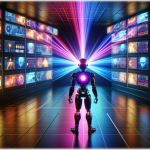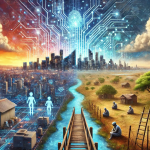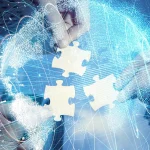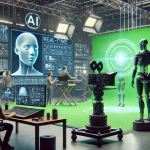Introduction
The twenty-first century has ushered in a new global renaissance powered by artificial intelligence, digital connectivity, and cultural influence. Technology now drives not only innovation but also shapes the world’s politics, economics, and entertainment landscapes. This fusion of digital progress and human ambition is rewriting the fabric of modern civilization.
From global leaders to Hollywood stars, everyone is engaged in the conversation about how technology defines identity, policy, and power. The age of artificial intelligence has created a shared stage where politics, celebrity culture, and innovation collide, influencing everything from international relations to social values.
Artificial Intelligence as a Tool of Global Change
Artificial intelligence has become the engine driving modern transformation. Nations are investing billions in AI research to compete for dominance in defense, health care, and education. This technological race has created a new form of digital diplomacy, where innovation is synonymous with influence.
Countries like the United States, China, and India are leveraging AI to strengthen their economies and global positions. Yet, as algorithms grow more powerful, ethical questions arise about surveillance, privacy, and the balance between progress and protection.
Celebrities as Voices of Technological Awareness
Celebrities are emerging as unexpected ambassadors for technology. Influential figures such as Elon Musk, Emma Watson, and Will.i.am have used their platforms to promote digital literacy, ethical AI, and sustainability. Their voices humanize complex issues, bridging the gap between experts and the general public.
However, their involvement also shapes public perception in unpredictable ways. While some advocate for responsible innovation, others risk glamorizing technology without addressing its deeper social implications. The celebrity influence in tech thus reflects both the promise and pitfalls of the digital era.
The Politics of Digital Power
Governments worldwide are grappling with the political implications of technological progress. AI-driven surveillance systems, cyber warfare capabilities, and digital misinformation campaigns have become tools of statecraft. The struggle for data control is now as significant as the competition for oil or military strength.
In democratic nations, debates around privacy, misinformation, and corporate accountability are shaping new policies. Authoritarian regimes, meanwhile, use digital technologies to strengthen their control, creating a stark divide between freedom and control in the digital age.
Global Innovation and Economic Shifts
Technology is transforming economies faster than any industrial revolution before it. Automation and AI-powered analytics are reshaping industries, creating both opportunities and disruptions. Nations that embrace innovation are seeing rapid growth, while those that resist risk being left behind.
Global markets are now intertwined with digital ecosystems. Cryptocurrency, quantum computing, and AI-based financial modeling have created new opportunities for investment and competition, altering the balance of global economic power.
The Role of Media and Digital Storytelling
Media has become the lens through which society interprets technological change. Streaming platforms, online journalism, and social media amplify voices that influence global opinion. The narratives around AI, privacy, and ethics are now shaped not just by politicians and corporations but by influencers and filmmakers.
This cultural shift has blurred the boundaries between information and entertainment. As digital storytelling evolves, audiences are learning about complex topics like machine learning, climate technology, and global governance through art, film, and online movements.
The Future of Humanity in a Tech-Driven World
The future will belong to societies that integrate technology with compassion and wisdom. AI can predict natural disasters, cure diseases, and revolutionize education—but only if guided by ethical values. The collaboration between governments, innovators, and cultural figures is essential to ensure technology serves humanity rather than controls it.
As the world moves toward an AI-powered reality, understanding its social and political implications will be crucial. The question is not whether technology will change humanity, but whether humanity can guide that change responsibly.
FAQs
How is AI influencing global politics?
AI is shaping national strategies, from defense systems to diplomatic policies, as countries compete for technological dominance.
What role do celebrities play in promoting technology?
Celebrities help simplify complex tech topics and encourage public engagement in discussions about innovation and ethics.
Why is ethical AI important?
It ensures that technology is used responsibly, preventing misuse in surveillance, bias, or manipulation of information.
How does technology affect the global economy?
Automation and digital innovation are transforming industries, creating new economic leaders while displacing traditional jobs.
What challenges come with digital globalization?
Data privacy, misinformation, and unequal access to technology remain major obstacles in ensuring fair global development.
Conclusion
The intersection of technology, politics, and celebrity influence defines the modern era. Artificial intelligence has become both a catalyst for innovation and a test of humanity’s moral compass. The choices made today will determine whether the world’s digital renaissance leads to progress or polarization.
As nations, industries, and individuals navigate this transformation, collaboration will be key. The future depends on harmonizing technological advancement with empathy, responsibility, and a shared vision for global prosperity.

